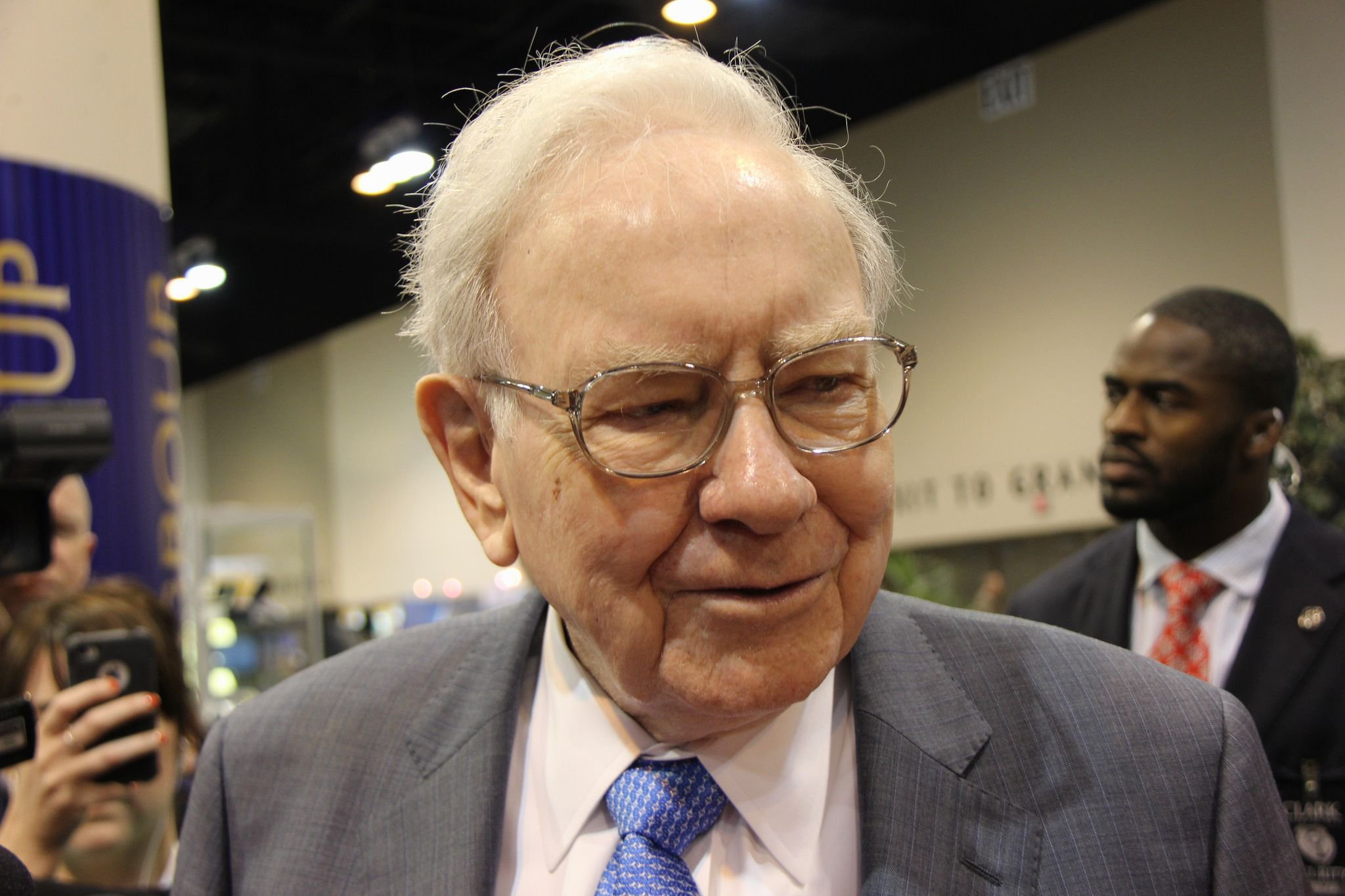
Warren Buffett is undoubtedly the greatest investor to ever live. Over a span of more than 50 years, his company, Berkshire Hathaway (NYSE: BRK-A)(NYSE: BRK-B), has seen its book value grow at a rate in excess of 19% annually, driven primarily by Buffett’s ability to find market-beating stocks. That’s no small feat, as Buffett’s historical performance turned $1 in 1965 into more than $10,880 at the end of 2017.
Berkshire Hathaway’s stock portfolio is simply massive, recently valued at more than $220 billion, making it a major owner of many of the largest companies on the stock market today. In the slideshow that follows, we’ll walk through the 10 largest investments in Berkshire Hathaway’s portfolio and explain how they got there and what Buffett likes about each of them.
Invest better with The Motley Fool. Get stock recommendations, portfolio guidance, and more from The Motley Fool's premium services.